Discussing A Beginners Guide To Ableism
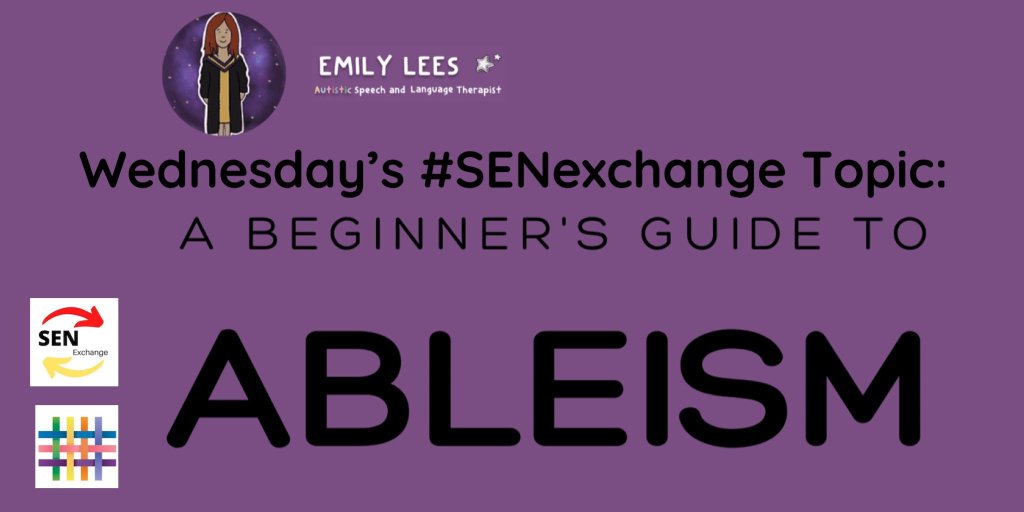
What is ableism?
Discrimination or prejudice against people with disabilities. An example could be a school trying to ‘train’ a child to present as more neurotypical. This can lead to distress, or a need to mask then stress building as well as longer-term impact
A beginners guide to Ableism tapestry.info/a-beginners-gu… This topic is so important. Emily Lees, an autistic speech and Language Therapist wrote the guide. This should be read by everyone who works in the field of SEN. Our write-ups of other #SENexchange discussions can be found via the links below.
- Learning Through Play
- School Based Anxiety
- Trauma and Restrictive Practice
- Reconnection and Relationships
- Enhancing parent voice
Examples of ableism in education
An example of ableism in Early Years education is the designing of a whole framework and following up months later with something for SEND (no matter how good it is). Delivering afterthoughts is ableist as is segregated documents for your curriculum implementation.
Dismissing someone’s experience because it doesn’t match your own, even the term functional communication is misused i.e meaning functional for the other person.
‘He did it yesterday so we know he can do it today!’ Even at home I see huge variations in how my children tolerate things, are able to process and interact. This often links to how their day has been at school. There are many things that impact a child’s ability to process information and complete tasks, including physical discomfort, tiredness, noise levels in the classroom.
Dismissing chosen methods of communication as not as valid
Ableism in schools: insisting on not making an environmental adjustment for one student because it may cause an issue or minor inconvenience for the majority.
Booking school trips and then trying to figure out how to accommodate kids with disabilities instead of booking school trips ‘because’ they are suitable for all of the kids.
Ableism is situational mutism being treated as a refusal to communicate. Identifying this as a poor behavioural choices even when responding appropriately non verbally. This may extend to being labelled as “selective mutism”, as though it is a conscious controllable choice.
A complete unwillingness to enter into any discussion of reasonable adjustments, especially if there’s no EHCP to make the case.
“In fact, you know what’s ableist? Basically it’s the whole damned mainstream school culture at this moment in time. It’s ‘one size fits all’. The dominant attitude displayed to so many CYP is ‘fit in or find somewhere else’. The one size fits all drives me bonkers especially when the knowledge of the child’s strengths is swept away in the quest for standardising.”
Saying to an Autistic student “look at me to show me you’re listening, be respectful and show you’re engaged” in the classroom. Demanding that all students make eye contact, regardless of needs.
Having a school-wide awards scheme with many specific criteria that are difficult or impossible for Neurodiverse or disabled pupils to achieve. Awards schemes should be inclusive by design, as well as being challenging, as the DofE award scheme is
“Listen to the parents/ children” When reporting problems/ concerns at home, that whole ‘well we don’t see that in school’ standard response. Maybe add this to our ‘questionable phrases’ list!
What do we mean by privilege when it comes to ableist systems?
One of my biggest issues with ableism in higher education refusing to provide reasonable adjustments for students who self-identify as Neurodiverse and not recognising that diagnosis is an inequitable system. It makes no sense to me to deny RA.
An unwillingness to make adjustments can be based on thinking that the child is getting special treatment & it would be unfair if other children didn’t get the same. The child who is far more vulnerable to discrimination is apparently making things unfair for others!
Even the willingness to acknowledge that systems are ableist – attributing personal success to merit and ability instead
Most teachers and school systems we encountered didn’t acknowledge ableism existed let alone tackle staff when they had been ableist.
I would say it’s people thinking others can just do it if they try hard enough and somehow they’ve failed if they need or want help because their privilege doesn’t let them see the barriers and often associated trauma.
“Privilege is when you think something isn’t a problem because it’s not a problem for you” – David Gaider. The biggest privilege I encounter in my life, is Neurotypical privilege. Being able to meet a friend for a coffee and not worry about sensory overload.
Why do we need to challenge language and terminology that is currently used in the SEND sector?
Because everyone is human. And humans are all different #FlipTheNarrative
Difficulties. Disorder. Refusal. So many labels emphasise deficits. They overlook strengths, skills, preferences & personally motivating contexts. They focus on stopping or correcting something, instead of helping children feel safe, seen, heard & included.
Because most of it reinforces stereotypes and tropes. It positions diverse learners as problems to be fixed. It’s reduces children to data categories which causes issues such as off-rolling…
Neurodiverse individuals bring so many strengths to the world, but the process to access support is based on a deficit model and all too often fails to allow individuals to thrive.
Because when parents are labelled as ‘anxious’ you are giving them an additional mountain to climb & barrier to get through to advocate for their child.
Often working from a deficit perspective. The word ‘special’ was removed from adult disability services decades back.
Until we unpick the language we use, especially around ‘special’ or ‘additional’ needs, we can’t see the bigger picture of the ableist structures that are in place in our education establishments
Yeah, I always ask “additional to what?”. It’s another way of positioning the child as a problem or burden to normalcy.
I think ‘different educational needs’ would be more appropriate to most of the students I teach. All have EHCPs, most are very cognitively able and capable of achieving similar qualifications to mainstream students.
I’ve been reading about social justice and neoliberalism ideology and it’s definitely merit-based and every man for himself so there is a desire in the system to keep others down by individualising issues and giving a label to single them out!
Is that linked to the fact that Often the label is for other people, not the person who is being labelled?
What examples are there of ableist terminology that would benefit from re-consideration?
School refusal; I know some take issue with ’emotionally related school avoidance’; verging into clinical terms, I don’t like ‘disorder’ appended to labels like ASD/ ADHD- doesn’t fit the more enlightened ‘neurodiversity’ paradigm.
Selective mutism. Implies choice of which there is none. special needs. Deficit or disorder.
‘Special Needs’, ‘Additional Needs’, ‘High functioning’, ‘Low functioning’
I wonder if it’s time to also question the use of the term ‘special’ as used with regard to Special Schools. ‘Specialist’ seems nearer the mark to me, should the term be reclaimed?
How can we be an ally for neurodivergent children?
Being willing to rethink your own practice. I cringe when thinking of many recommendations I’ve made in the past which are not neurodiversity-affirming and am trying to be more mindful of the language I use and respectful of individual strengths and needs I definitely have that cringe attack too. But I suppose we do learn a lot from those moments and we have to show our own shifts in pedagogy to then ignite the interest in others to do the same.
Listen. If they’re able, often they can and will explain their needs – too often these are dismissed. They know their body/mind best and understand what it needs. #senexchange also – listen to the parents, they’re their child’s biggest ally.
Think about the language we use day-to-day – is it neurodiversity-affirming?
Learn alongside them, learn from them,learn with them. Make connections with them. These connections build trust and positive relationships.
Remember it’s about them,what they want and need, not preconceived aspirations or thoughts about what society expects. Once I put that aside I was far better able to support my child #senexchange oh and believe the parents when they say their child is struggling
Recruit and celebrate school ND role models or if that is too difficult the community & well known ND role models. For ND to identify and non to not write them off.
Remember it’s about them,what they want and need, not preconceived aspirations or thoughts about what society expects. Once I put that aside I was far better able to support my child.Oh… and believe the parents when they say their child is struggling.
Confront and address your SEND saviourism. We are not saving children from themselves or fixing them. It is uncomfortable to sit with the reality of it but it’s such a fuel to the fire of ableism
Neurodivergent allies understand that communication is a two-way process and if a student has communication needs, the ally recognises their role and responsibility in making communication successful. This links well with Damian Milton’s Double Empathy theory.
Neurodivergent allies teach the child flexibly and with compassion, led by the child, informed by the parent/carer and do not measure success in comparison to neuromajority peers
Neurodivergent allies create an environment where diversity is clearly valued. Where students learn about different styles of communication, processing and learning. All are valued
Neurodivergent allies advocate for a fully inclusive and equitable environment for all students, using Universe Design for Learning principles
Neurodivergent allies focus on intrinsic motivation, strengths-based and interests led curriculum, focusing on what enables the student’s engagement rather than getting hung up on whether the topic is ‘relevant’ or ‘acceptable’
I hope you have enjoyed reading this discussion on Ableism. If you have any comments please add them to the comments section below. If you are a Twitter user lookout for #SENexchange most term-time Wednesday’s at 8 pm.
Further Reading on Ableism in Eduction
Research in Educational Policy and Management – Recognizing Ableism in Educational Initiatives: Reading between the Lines by Maria Timberlake 2020 – Download Free Here
The Little Book of Ableism by Unhidden – By Victoria Jenkins – Buy Here*
Ableism in Education: Rethinking School Practices and Policies: 0 (Equity and Social Justice in Education) – By Gilliam Parekh – Buy Here*
When Special Education and Disability Studies Intertwine: Addressing Educational Inequities Through Processes and Programming – By Gomez and McKee – Read Article Here
*Indicates Affiliate link that helps contribute to our hosting costs.


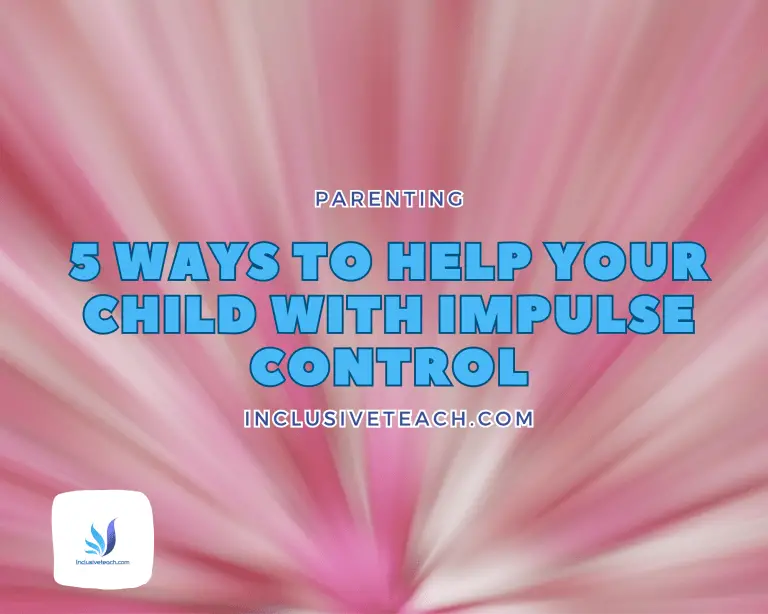
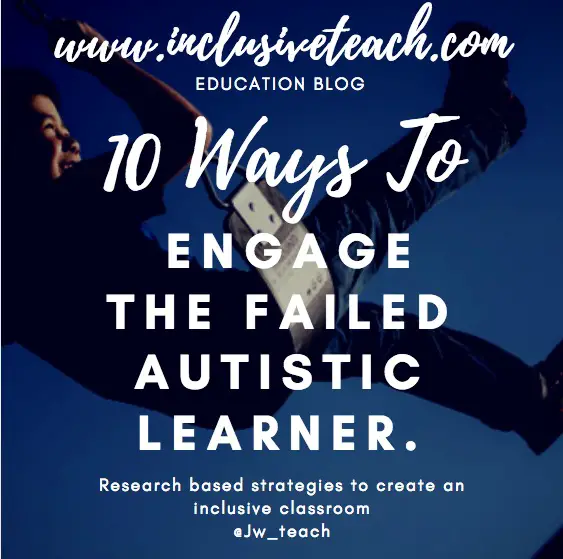
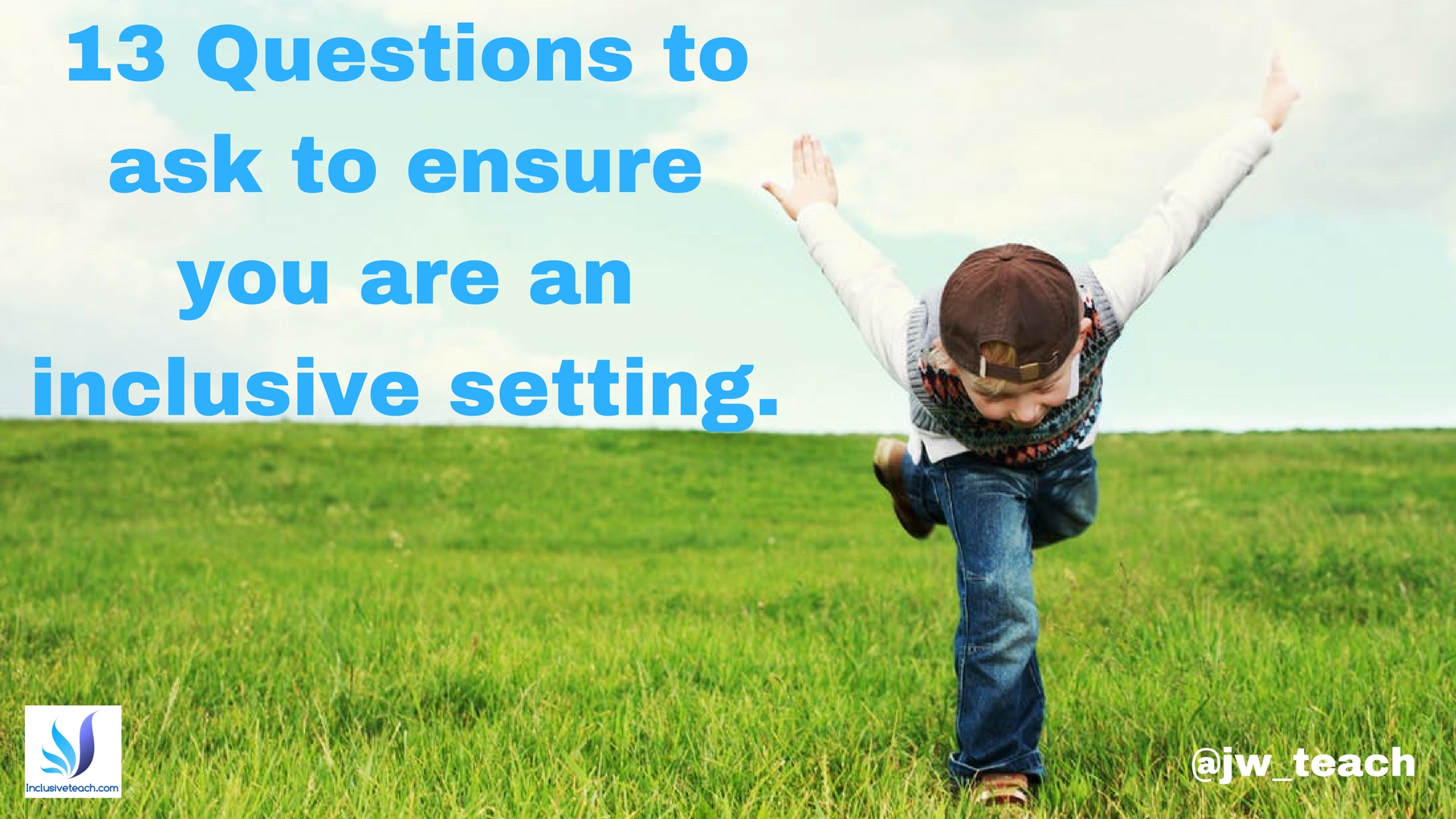
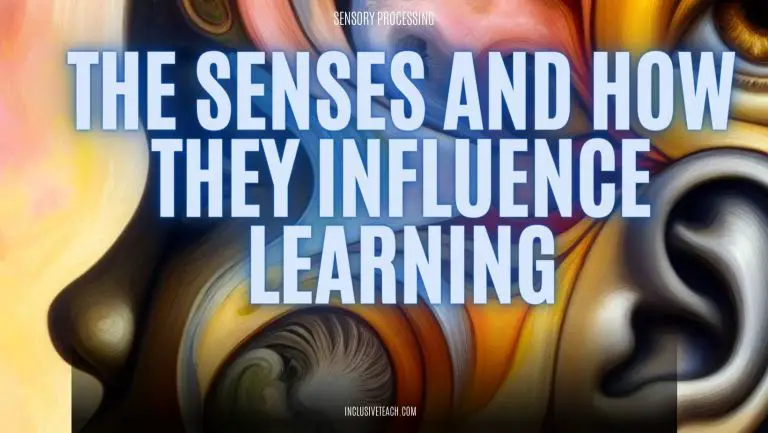
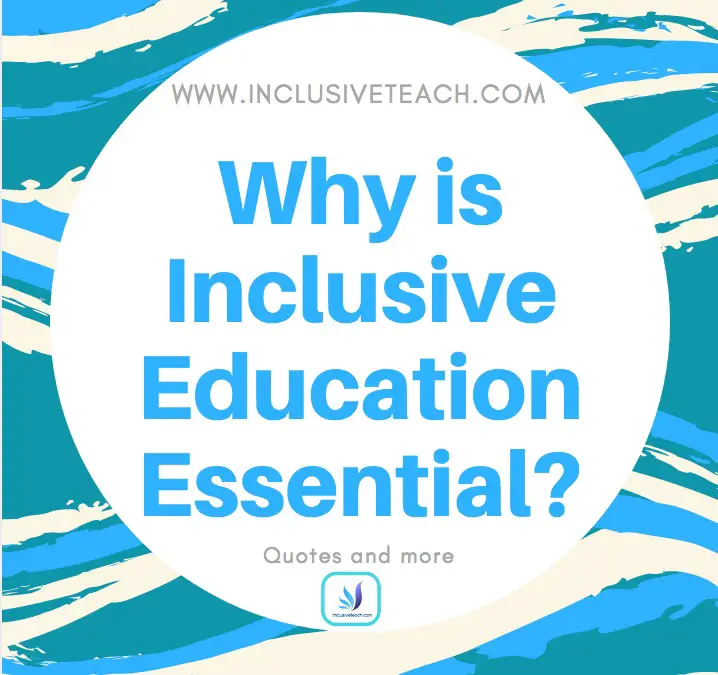

One Comment